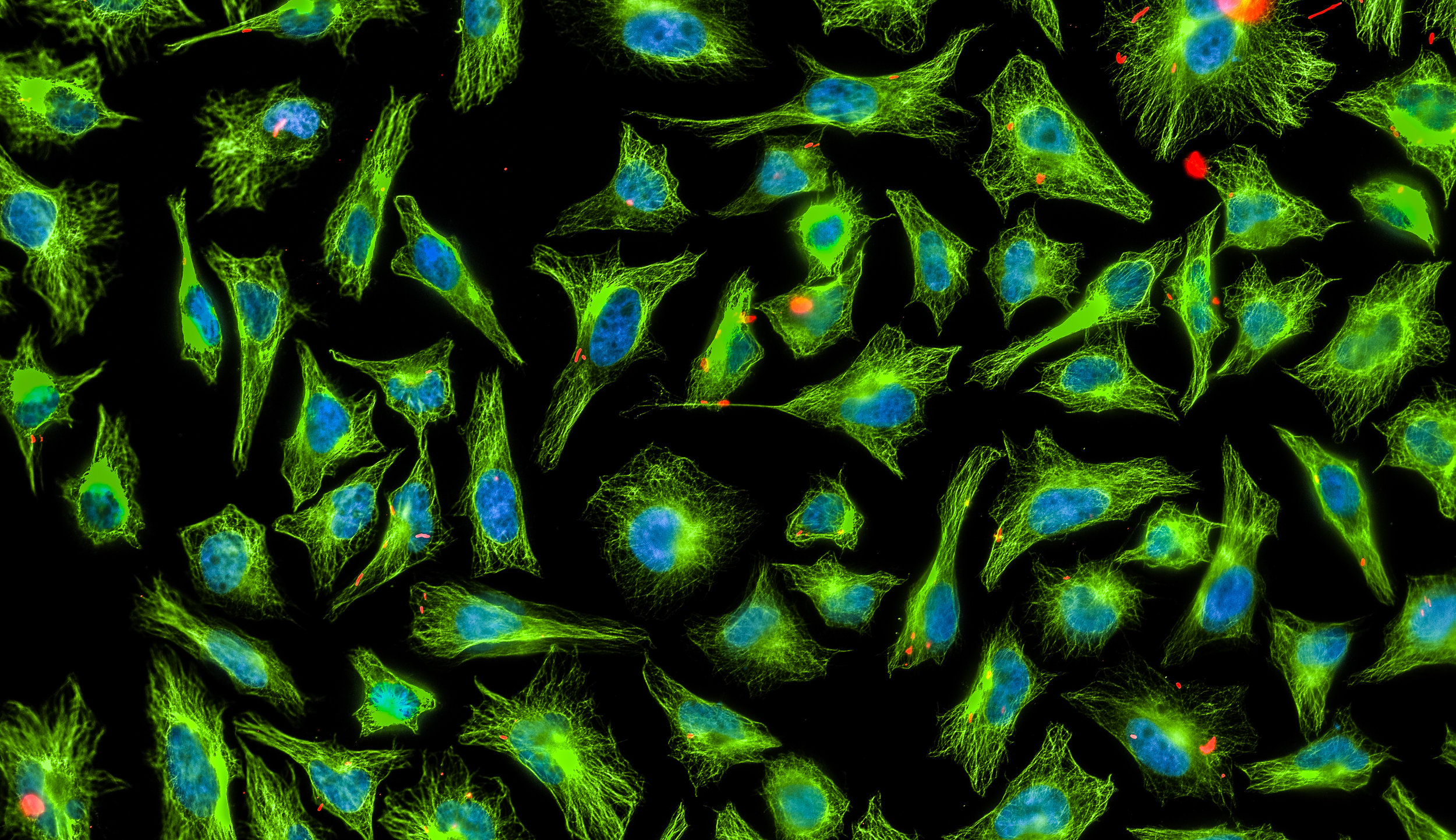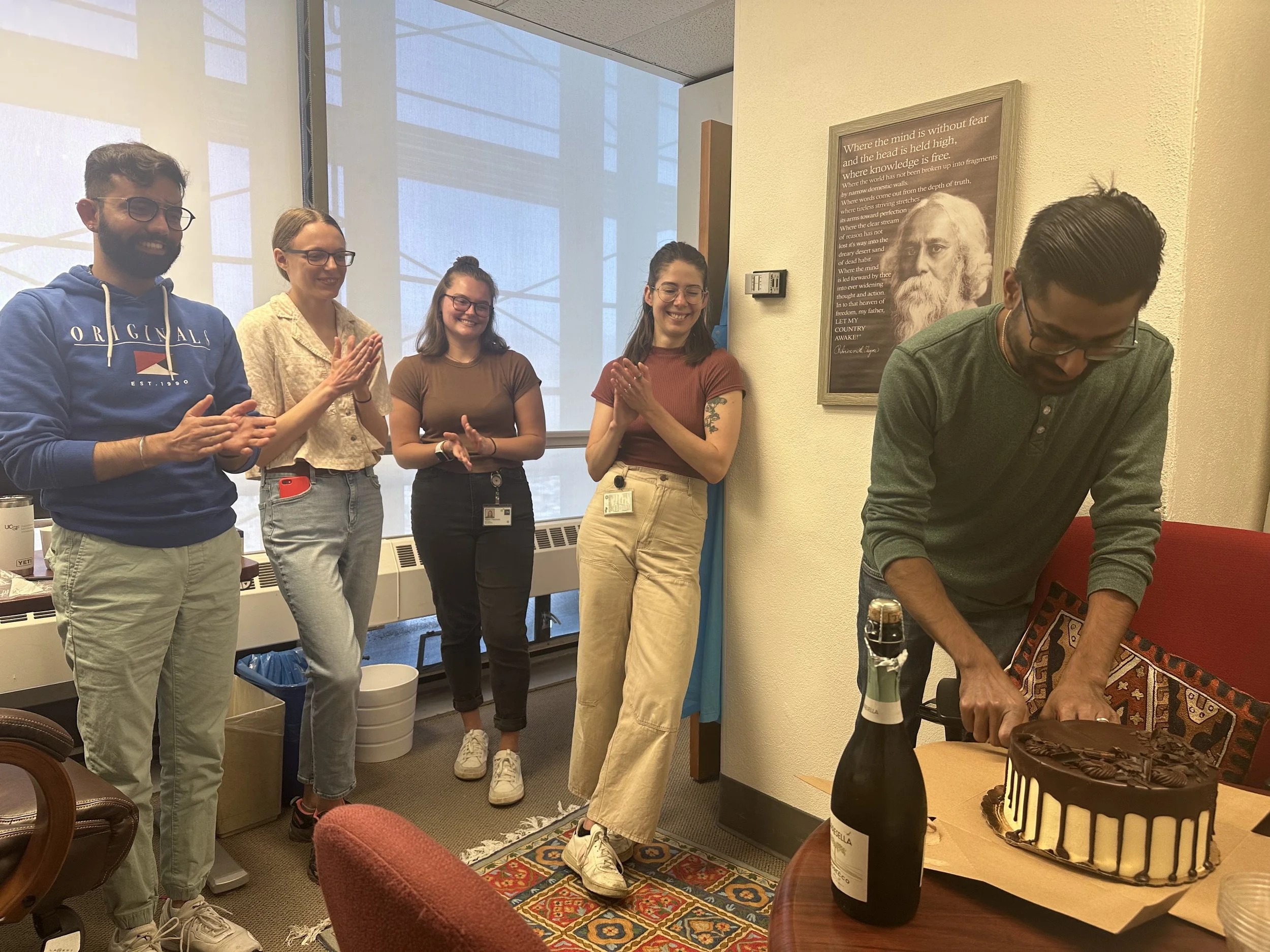
Using Intracellular bacterial pathogens as tools
Within the realm of bacterial pathogens, only a few have mastered the art of an intracellular life cycle. While the study of these pathogens has advanced our ability to treat them, it has also profoundly advanced our understanding of basic cell biological processes in an uninfected context. The study of how Listeria monocytogenes shoots around in its host cells, for example, lead to the discovery of the Arp2/3 complex, a critical actin nucleator. Similarly, the study of other intracellular bacterial pathogens, such as Mycobacterium tuberculosis, Salmonella typhi, Legionella pneumophila, and Yersinia pestis, has — and continues to — yield fascinating insights into basic mammalian cell-biological processes.
In the Mukherjee lab, our intracellular bacterial pathogen of choice is Legionella pneumophila, the causative agent of Legionnaires' disease. Legionella pneumophila employs an impressive arsenal of over 300 secreted effectors to subvert and manipulate almost every fundamental eukaryotic cell biological process. For this reason, our research is very much at the crossroads of mammalian cell biology and Legionella pathogenesis. Learn more about our active research projects on our Research page and feel free to contact us with any questions.
Recent News
Advait’s paper got accepted in Nature Cell Biology! Congratulations to all authors, incluing Lan Wang, co-first author (now Assistant Professor in Hong Kong)





























